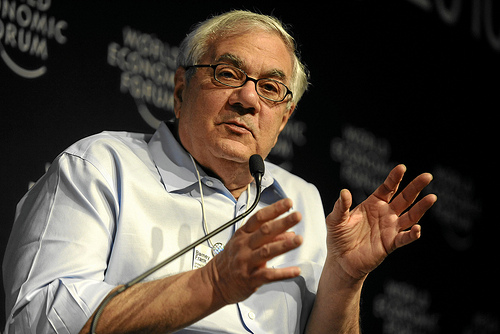Sen. Chris Dodd’s leaked proposal to potentially house a consumer-protection agency within the Federal Reserve has been blasted by consumer advocates today. They say the Fed failed to protect consumers from predatory lending and hidden penalties in the run-up to the financial meltdown, and hardly deserves to have an agency tasked with building and enforcing safeguards for consumers under its auspices. “The Federal Reserve is the last place an agency designed to protect consumers should be housed,” said John Taylor, the head of the National Community Reinvestment Coalition, in a statement today. “It will be more waste of taxpayers’ money because we’ll have to pay for the appearance of protection without getting any.” Taylor goes on to say:
As early as 1998 and 1999, we urged Chairman Greenspan and then later Chairman Bernanke to take action against lenders targeting high cost loans to blacks and Hispanics. We presented them hard, cold data backing up these practices, and they did nothing. They refused to send cases to the Justice Department. It took the Federal Reserve board fourteen years to issue rules related to unfair and deceptive lending practices. This was long after the power was granted to them in 1994, and long after we pleaded and cajoled them to do something and, more importantly, after the market collapsed.
Had the Fed exercised their authority and enforced consumer protections, they could have nipped the foreclosure crisis in the bud. Now to turn over consumer protections to the very people who allowed the abuses to happen in the first place is simply beyond belief.
Similarly, Travis Plunkett, legislative director at the Consumer Federation of America, decried yesterday the powerful sway of the financial services industry and their lobbyists on Capitol Hill. It’s these forces, Plunkett told the New York Times, that were diluting financial reforms proposed in the Senate—like an independent consumer protection agency—and weakening reform of big banks, mortgage lenders, payday lenders, and so on. “The financial services lobby and particularly the big banks are driving the agenda right now,” Plunkett told the Times. “They are the ones gaining ground. Their strategy is clear: death by a thousand cuts.”















